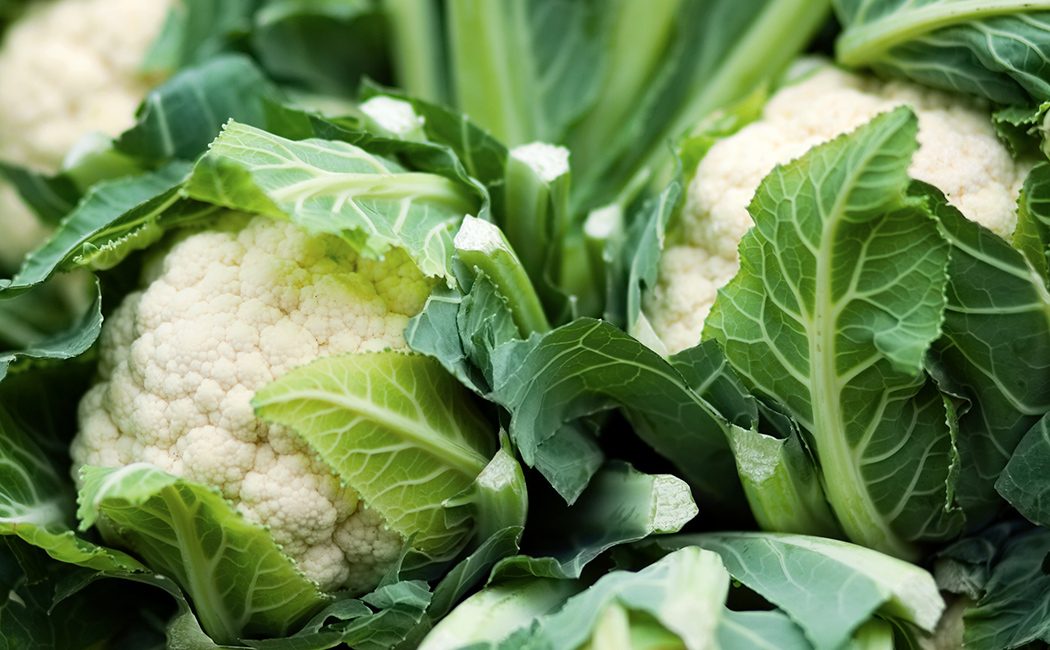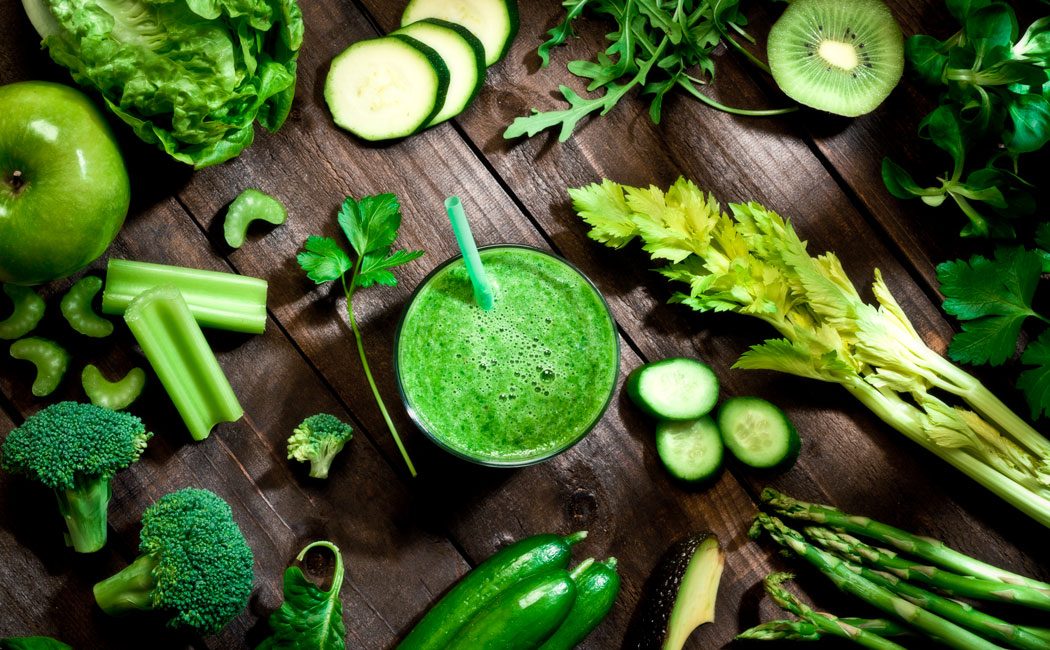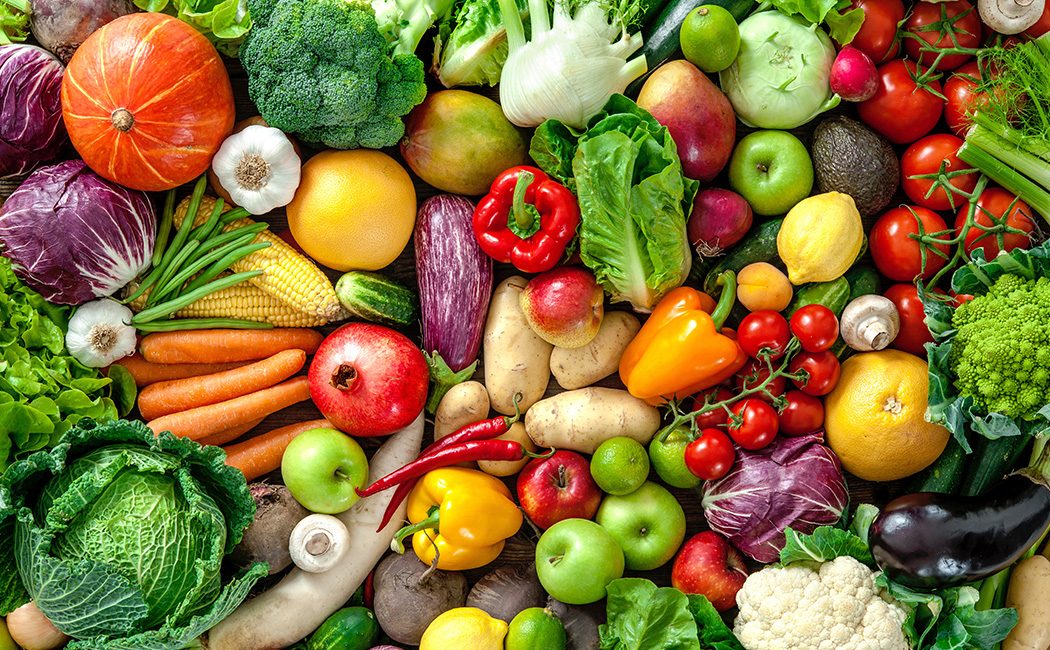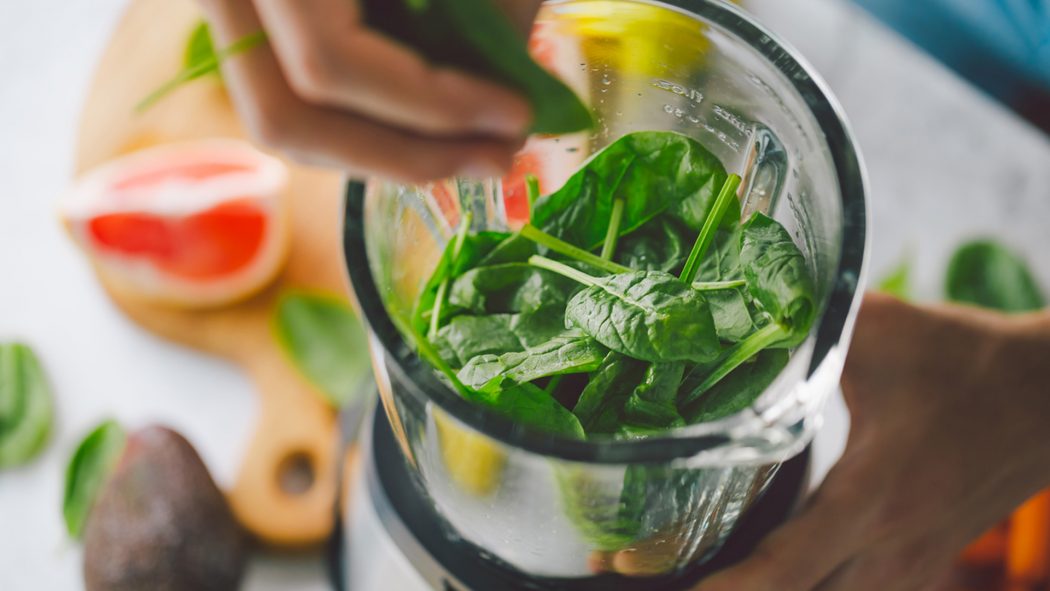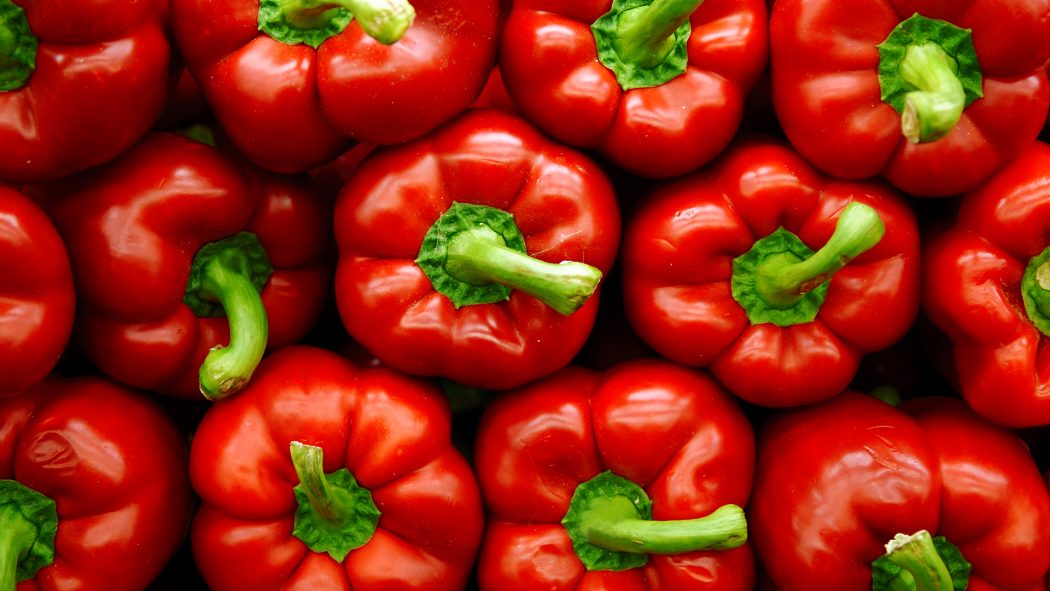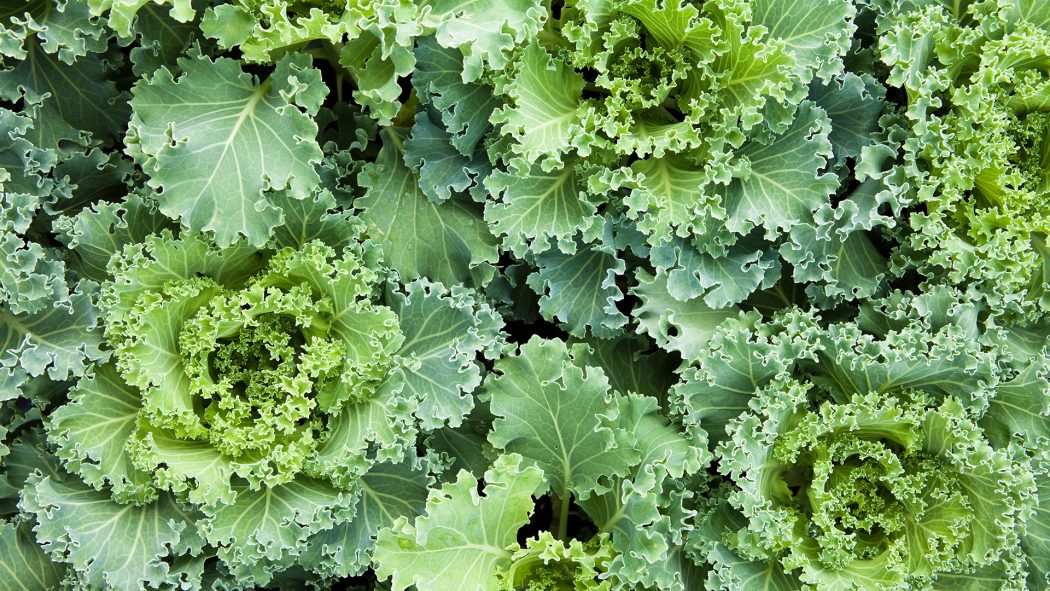Health Bunker
According to the dictionary essential means: absolutely necessary; extremely important.
So, lack of an essential nutrient you would think of as an important issue wouldn’t you.
But when have your kids ever come home from school to tell you about this information?
When have you ever heard any of the past or present health ministers rattling on about nutrient deficiencies?
In Britain we spend £160bn every year on health or should I say bad health.
If we educated our kids on important facts about life like what bad diets can do to their future wellbeing instead of a lot of the nonsense they are taught, we would have a lot less illness and disease.
It’s time to wake up and smell the chlorinated chicken folks, Matt Hancock isn’t going to help you do it, nor will whoever follow him into the job, the NHS isn’t going to help you do it nor is our education system.
We’re living some kind ‘mass population self-harming experiment’. The scary thing is we’re paying for this, in money, emotion and finally our health.
Eat Well. Be Well.
Dom and Nic
Health Bunker
It’s Your Life. Own it!
*Disclaimer – Please note, we are not Doctors or trained medical professionals. We are not giving medical advice. Check with your Doctor or health practitioner before trying anything.
References
https://www.webmd.com/diet/foods-rich-in-potassium#1
https://lpi.oregonstate.edu/mic/minerals/potassium
https://www.healthline.com/health/hypokalemia#prevention
https://www.mayoclinic.org/drugs-supplements/digoxin-oral-route/description/drg-20072646
https://www.rxlist.com/consumer_digoxin_lanoxin/drugs-condition.htm
https://www.healthline.com/health/hypokalemia
https://ods.od.nih.gov/factsheets/Potassium-HealthProfessional/
https://www.nhs.uk/conditions/vitamins-and-minerals/others/
https://en.wikipedia.org/wiki/Potassium
https://www.healthline.com/health/potassium
https://www.hemophiliafed.org/news-stories/2010/11/essential-nutrients-vitamins-minerals/
https://www.nia.nih.gov/health/vitamins-and-minerals
https://www.radford.edu/jtso/GeologyofVirginia/Minerals/GeologyOfVAMinerals1-3.html
http://www.eniscuola.net/en/argomento/subsoil/rocks-and-minerals/how-many-minerals-do-we-know/
